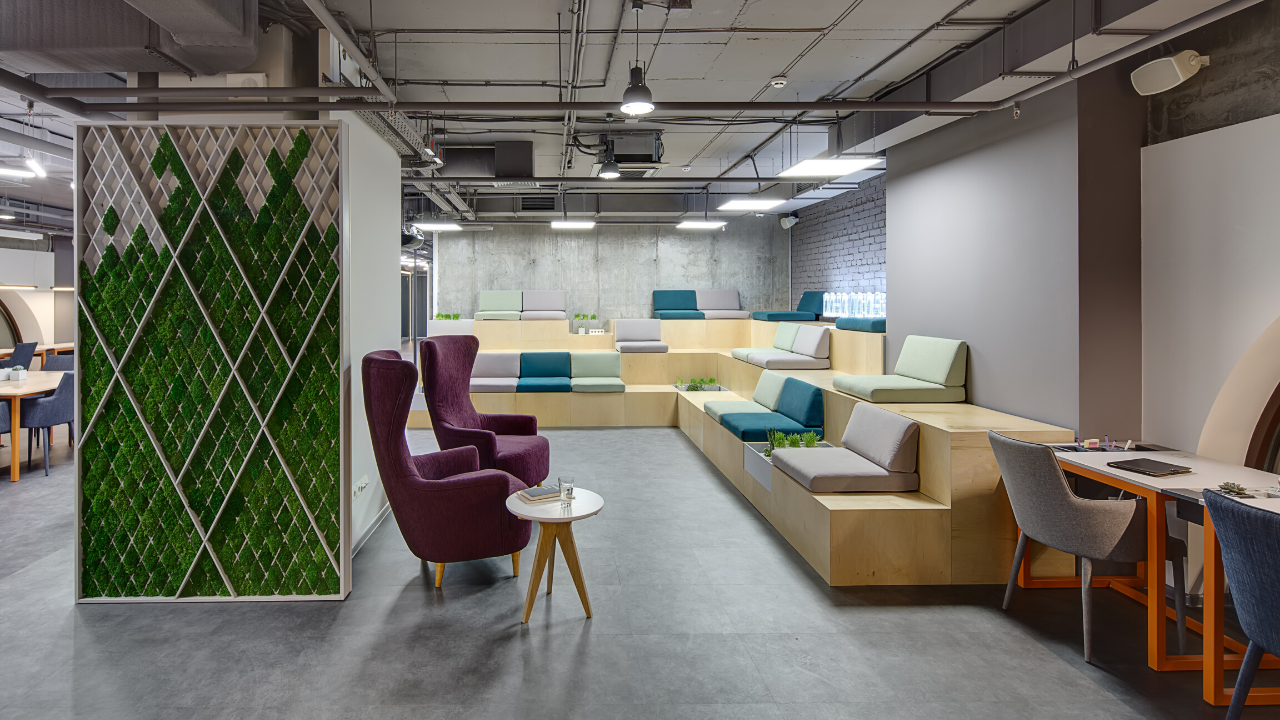Flexibility has now become an integral part of a company’s operations, and that could mean more suburban offices in the future.
As more employees grow wary of commuting to dense urban areas, demand for suburban office space is expected to grow.
“Downtown office markets will likely soften in the near future with an increase in vacancies, as the traditional downtown tenant [financial and legal] seems to be embracing the work-from-home concept and will seek to implement it into their overall occupancy strategy,” said Greg Martin, a principal with Avison Young. “We expect to see an increase in sublease opportunities as well.”
The “hub-and-spoke” model will likely emerge as one of the more popular models in which companies have a headquarters in a central location as well as a network of offices in the suburbs.
Additionally, Martin predicts that workers will be selective about their suburban offices and expect them to be a high-quality, amenitized building. Potential clients will gravitate toward spaces that feature flexible floorplans, collaborative workspaces, indoor and outdoor accommodations that encourage distancing guidelines.
“Just because suburban employees want to be closer to home doesn’t mean they want to miss out on urban amenities,” said Martin.















